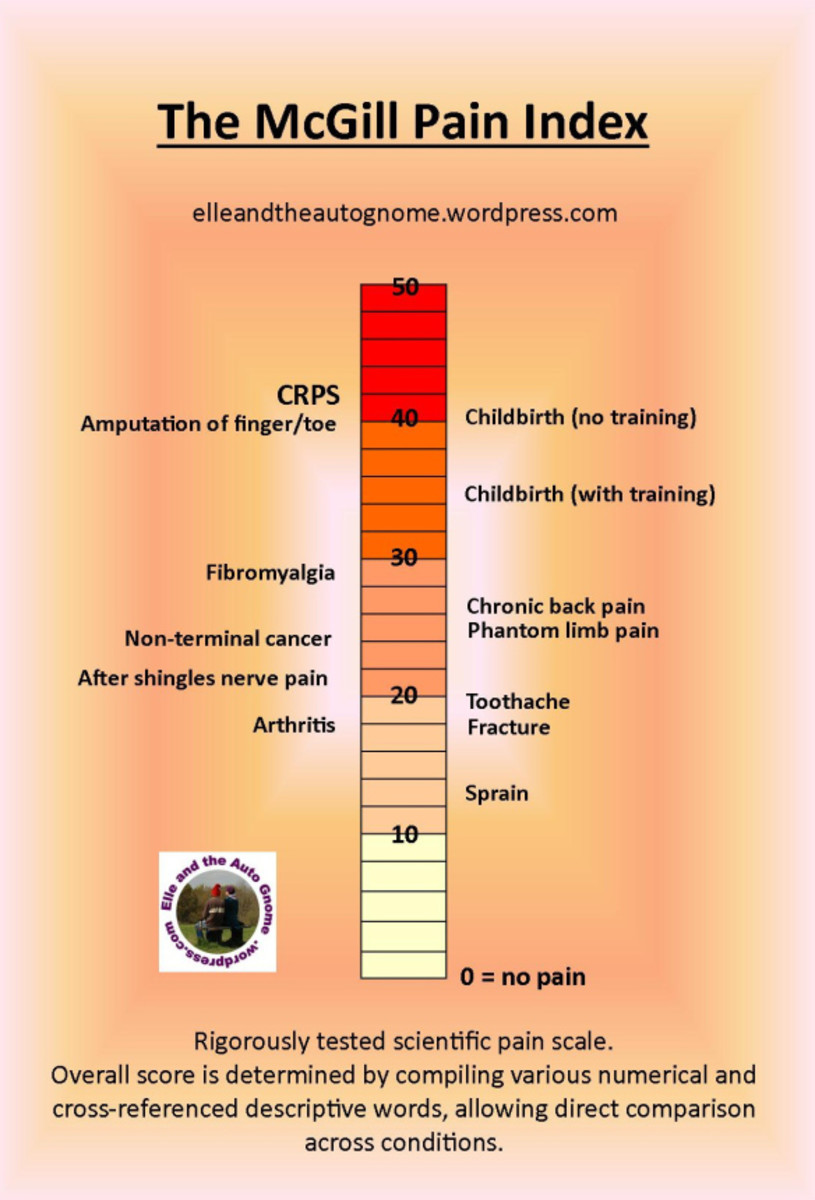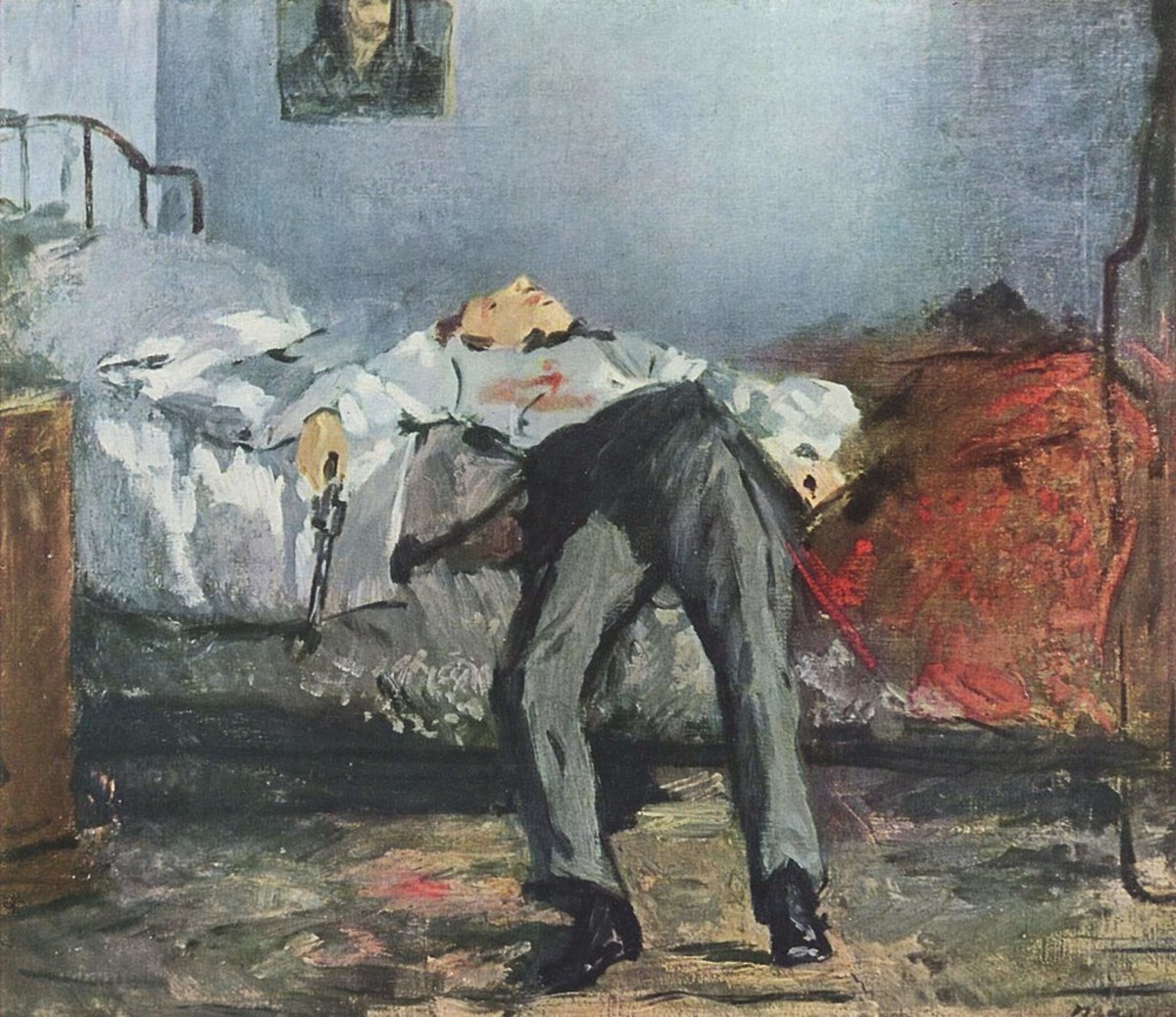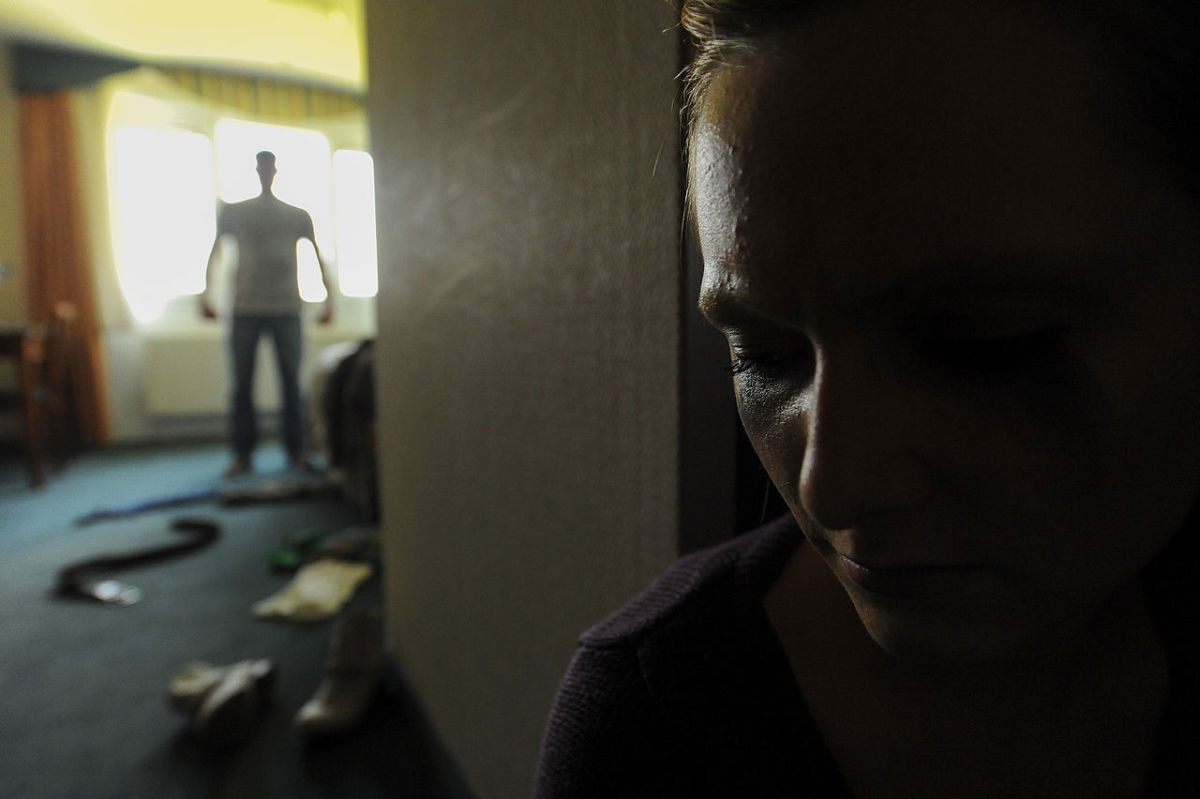What Can I Do If a Loved One Commits Suicide?


By Gloria Siess
Many years ago, an ordained Methodist Minister greeted his family with his usual reserve. They were gathered for a typical Midwestern breakfast on a bleak, snowy day. No one noticed anything unusual about his demeanor as he left the table and walked out towards the barn. Hours passed, and curious, the family braved the icy ground and entered the barn in search of him. They found him dangling from a noose, neck broken, a sad testament to the sudden shocking power of suicide.
A tiny piece in the local newspaper listed his death, and his name was rarely, if ever spoken of again. The conservative religious community found it too shameful to speak of, as did the remaining relatives. This man was a relative of mine by marriage, a person looked up to in his community and congregation. Apparently, his depression and sense of impending doom had not been apparent to anyone, not even his wife and children.
As any therapist will attest, suicide itself does not have a true genetic link. However, depression and other forms of mental illness certainly do. Ernest Hemingway's granddaughter also committed suicide, as did his own father during a time of financial crisis. I experienced a severe bout of almost-unbearable depression in my early thirties and had to be briefly hospitalized. I later found out that my natural mother (whom I had never met) was hospitalized for depression at the very same age. I pulled through my depression with the help of good medication and a few good friends, but not everyone bounces back.
Some families, despite talent and religious conviction, can harbor such secrets. The shame and horror that a suicide brings to a family is extreme. It cannot be overcome in isolation. If someone you loved has taken his or her own life, do not suffer alone. There are support groups and help lines to guide you through a period of mourning in a safe atmosphere. Above all, be good to yourself and stay away from creating shrines to your loved ones memory, or visiting graves on a regular basis. This behavior keeps you stuck, unable to move forward and heal. Set little goals for yourself on a daily basis, and reward yourself with a treat when you do such activities. One woman I know rewards herself with a visit to a local vintage shop whenever she completes the family laundry. Suffering in isolation and shame will guarantee that you will mourn longer. Be good to yourself. Remember the things you loved as a child and bring back some of the joys of childhood. Never allow rude persons to pry into your feelings with painful questions. Set good boundaries. It takes about one year for grief to really subside and life to return to normal. Be patient with your own journey of healing.
Here are some resources to help you find support:
1-800-273-8255 (www.suicidology.org).
www.1000deaths.com
Local churches often have programs known as "Grief Share," which can provide wonderful support in a safe, caring environment. You do not need to believe in God or the standards of the church in order to join. Above all, do not let the shock and shame haunt you. Get support and be kind to yourself.







